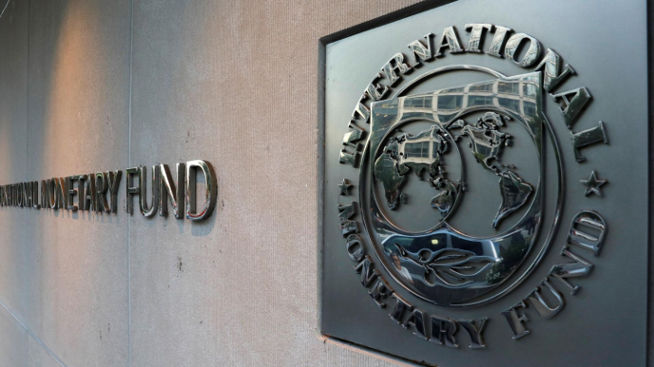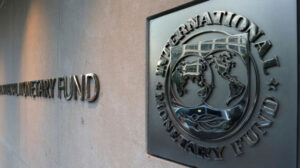To secure a $1.1 billion loan from the IMF, Pakistan has enforced several tough measures. The government now mandates civil servants and their families to disclose their assets. Furthermore, it has eliminated tax exemptions and amnesties, according to reports.
IMF Sets 39 Conditions
The IMF has attached 39 conditions for loan approval. For instance, the government must submit a corruption assessment report and maintain foreign exchange reserves covering three months of imports.
Moreover, Pakistan must meet strict fiscal targets and restructure public finances. Additionally, it must limit the difference between open market and interbank exchange rates to 1.25%. By the end of the fiscal year, the State Bank of Pakistan must achieve $8.65 billion in reserves.
Specific Deadlines and Fiscal Limits
According to the Ministry of Finance, Pakistan must fulfill 22 key benchmarks. Notably, civil servants must disclose their assets by February 2025. At the same time, the government is barred from giving grants beyond the approved budget.
Furthermore, public sector liabilities cannot exceed PKR 5.6 trillion. Likewise, power sector arrears must stay under PKR 417 billion, while tax refund backlogs are capped at PKR 24 billion.
Finance Minister Highlights Urgency
During a briefing, Finance Minister Muhammad Aurangzeb stressed the importance of these reforms. He acknowledged the macroeconomic stability achieved over the last 14 months. However, he emphasized the need to reduce intermediaries to control inflation. He stated, “This IMF agreement serves as Pakistan’s final message to the international community for urgent economic reforms.”
Additionally, the Economic Coordination Committee (ECC) will now review food prices monthly to prevent price surges.
Long-Term Economic Plans
Aurangzeb also raised concerns about climate change, child stunting, and the growing number of out-of-school children. Moreover, he announced a 10-year partnership with the World Bank to strengthen economic stability.
Encouragingly, the stock market has shown positive trends, signaling early signs of recovery. In conclusion, these reforms are a significant step toward meeting IMF requirements and stabilizing Pakistan’s economy.














